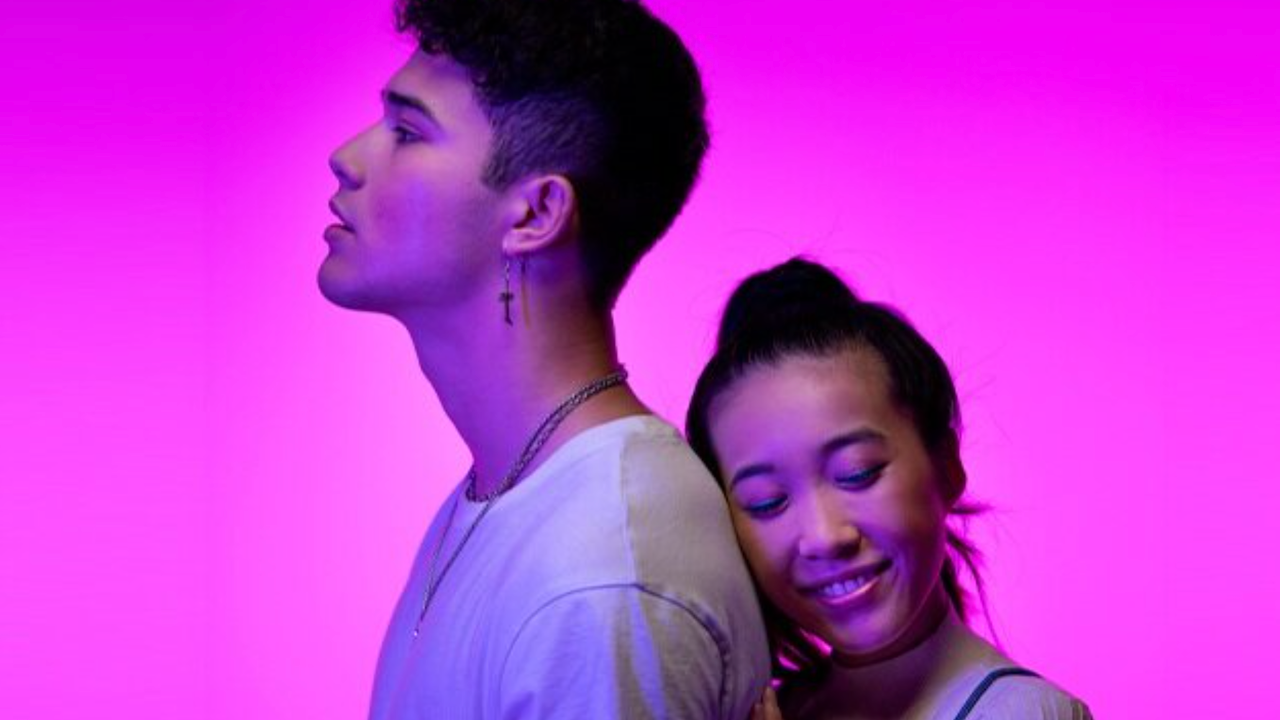Key Takeaways:#
- Brands are allocating more digital marketing resources to branded content that can directly reach and influence young consumers.
- Instagram, TikTok and other platforms are investing in helping creators monetize their online efforts.
- By funding short branded programs and inserting themselves into the narrative, brands can create (and bask in) a more Gen Z-palatable aura.
Whether it comes in the form of documentaries, talk shows, or reality programming, branded content is becoming critical to reach Gen Z consumers on their favorite platforms. According to a recent survey of brand marketers and agencies by the research firm Advertiser Perceptions, 32 percent of respondents said they had increased spending on branded content in the second half of 2020, and are now allocating an average of 20 percent of their digital budgets to its production.
Brands have been turning to platforms like TikTok, Snapchat, and Instagram to reach younger consumers through content partnerships with popular creators, a trend that led Facebook to announce plans for a “branded content marketplace” on Instagram to help match influencers with sponsors. According to Facebook CEO Mark Zuckerberg, the tool would help talent monetize their digital activities and develop a “creator middle class.” Snapchat, too, is set to jump in on the craze with its own "Creator Marketplace," which the platform is making available to augmented reality creators this year and will expand to all creators in early 2022.
With these moves, Facebook and Snapchat seem to be taking yet another page from the playbook of Chinese platforms like Douyin (the more full-featured Chinese version of TikTok) and Bilibili. Last year, Douyin owner Bytedance launched its Star Map Platform (星图平台), which pairs merchants with top creators (those with 100k+ fans) and gives access to valuable back-end data such as “insights into their follower base, types of content, interaction rates, [and] a deep analysis of the account and their prices.”
Additionally, to incentivize the production of high-quality content, Douyin plans to invest more than $1 billion in traffic resources to help creators double their income to RMB 80 billion (12.3 billion) in 2021. Video streaming platform Bilibili, a favorite of China’s Gen Z, launched its own influencer marketplace last year, and has operated a paid incentive program for popular “uploaders” since 2018 to attract new users and encourage them to produce engaging content.
Digital platforms globally understand that top creators have a legitimate audience and deserve multiple pathways for revenue beyond traditional ads alone. Meanwhile, brands realize that their core customers demand more entertaining content beyond ads or sponsored posts, i.e., longer-form (and often influencer-driven) branded content. This is perhaps the defining confluence of trends for 2021.
We have become more accustomed to seeing more evolved branded efforts from the luxury sector, such as the GucciFest film festival, Balenciaga’s video game fashion show, and Net-a-Porter’s involvement in the Netflix competition show Next in Fashion. But increasingly, branded content is being used by brands to insert themselves into a social context and reflect the way they want to be seen by consumers. Case in point: dating app Tinder’s Love Songs, an Australian scripted series produced exclusively for TikTok by the agency Amplify that stars some of the country’s top young TikTokers, which is about the release its second season on the short video platform.
Looking at the dating world through the lens of Tinder, the series follows the romantic trials and tribulations of Mia (portrayed by Maddi Beazley), who, after a bad breakup, turns to Tinder, where she meets Anthony (Nathan Lust). But instead of hooking up right away, the two agree to serve as each other’s Tinder coaches and navigate the dating world together.
The show’s concept gives a well-established genre a decidedly Gen Z sheen through its short episodes (meant for watching vertically on phones), use of music, and its elevation of TikTok creators to leading lady/leading man status. Love Songs is the perfect encapsulation of where things are headed in the world of Gen Z-facing branded content. And while the acting skills may be amateur and the production values fairly low-budget, Love Songs has found an audience: Its official TikTok account has nearly 140,000 followers, and the first season racked up nearly 13 million total views.
Considering how brands are rethinking their budgets to position themselves for success in a youth-led consumer future, it’s only a matter of time before we see more brands leveraging this relatively inexpensive (and increasingly shoppable) type of content to reach and ultimately sell to Gen Z consumers worldwide. But perhaps more importantly, we’ll see how well video production can lend itself to collaborations, with, for example, music labels desperate to get their newest acts in front of Gen Z audiences.
It’s not difficult, then, to imagine a TikTok series starring both popular TikTok creators and musicians, jointly funded by a brand and a record label, with ample opportunities to insert background music and links to Spotify or band merch pages. Unlike simple advertising, branded content offers more flexible and fluid marketing opportunities that can easily be adapted and localized for key global markets.

